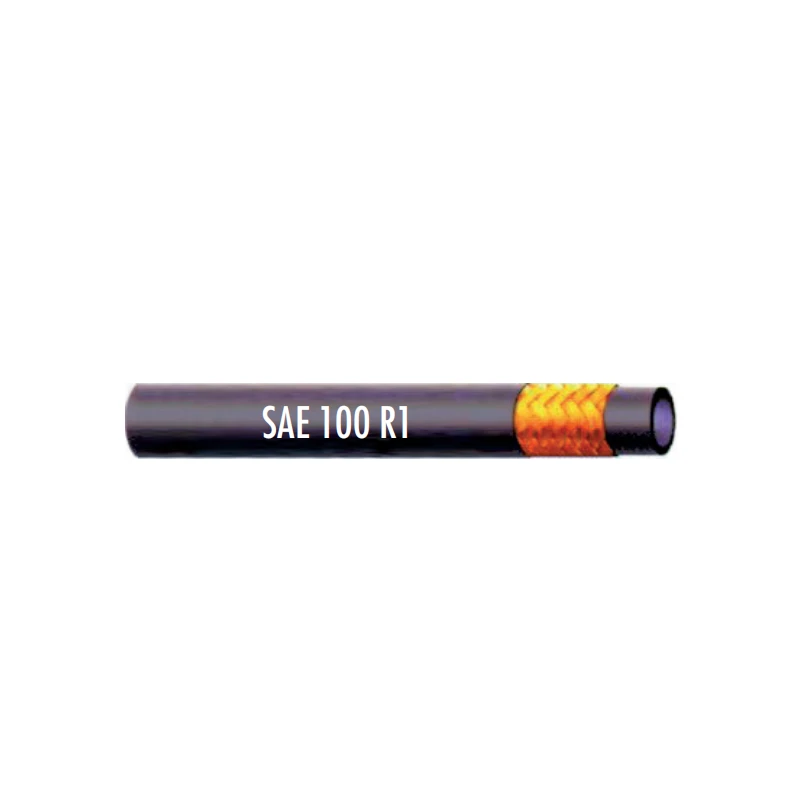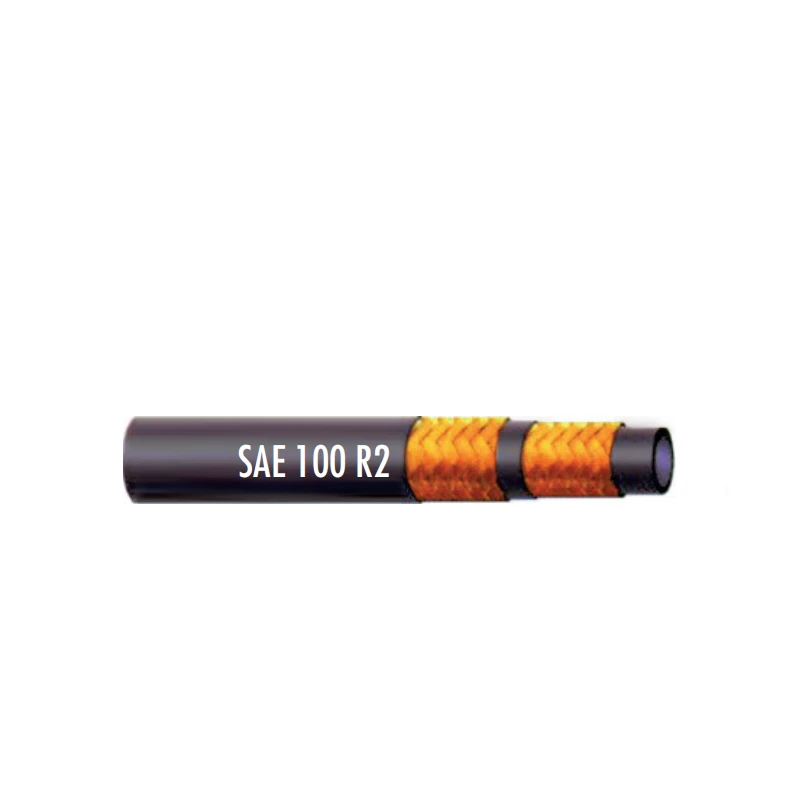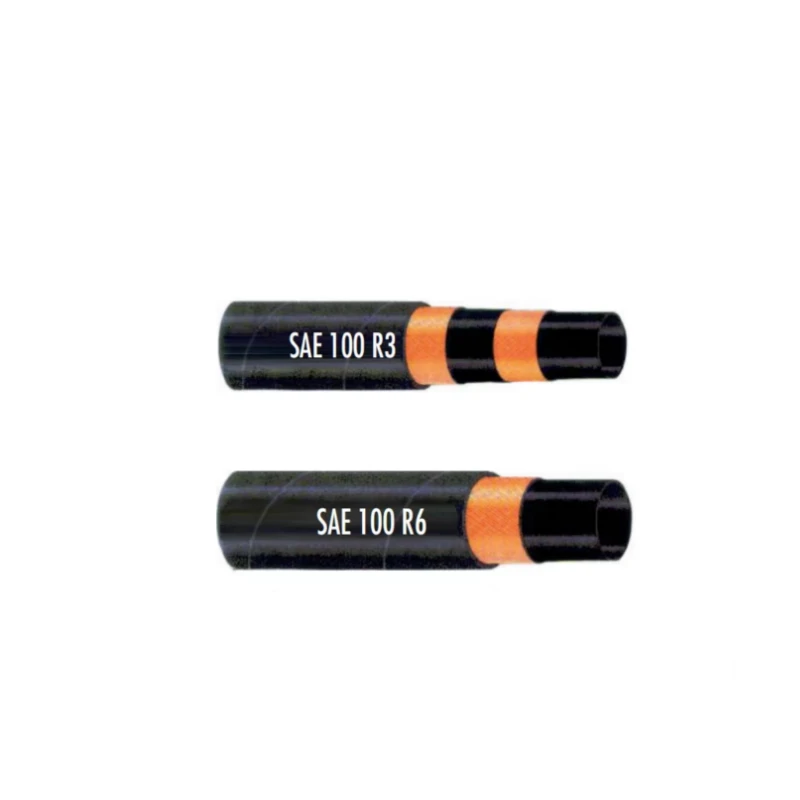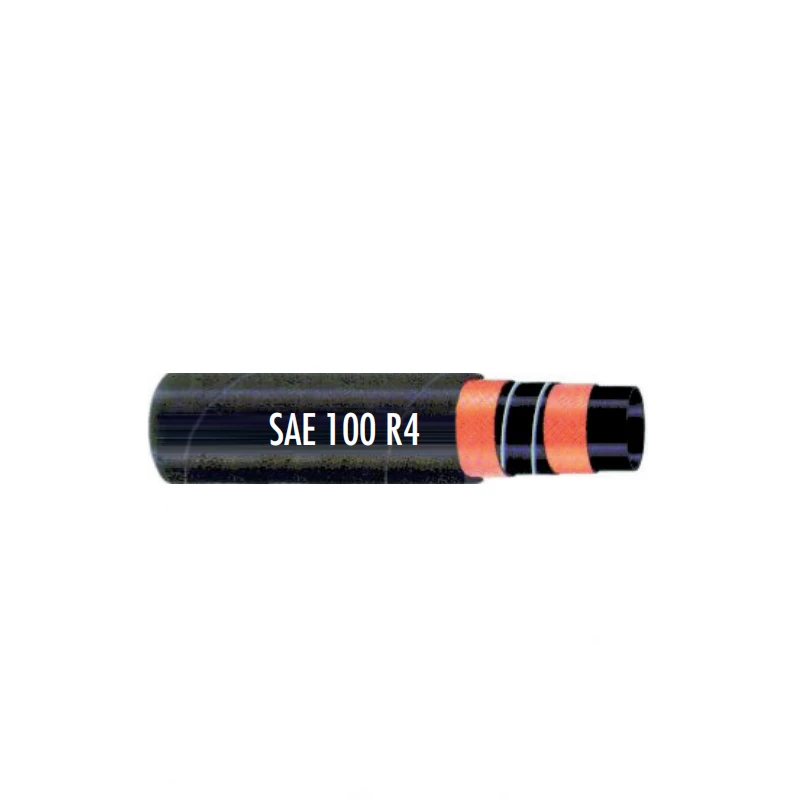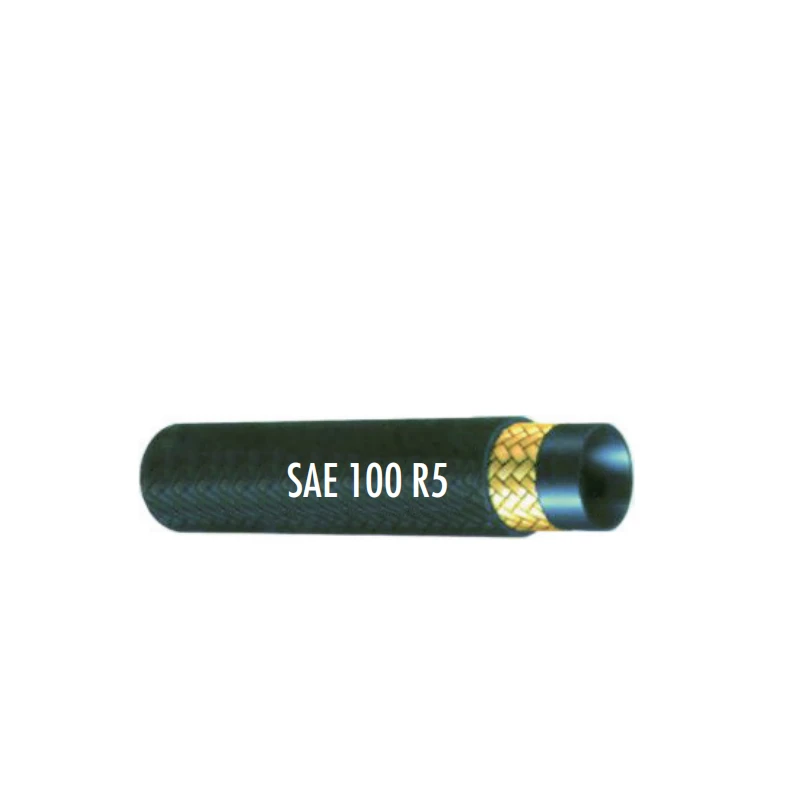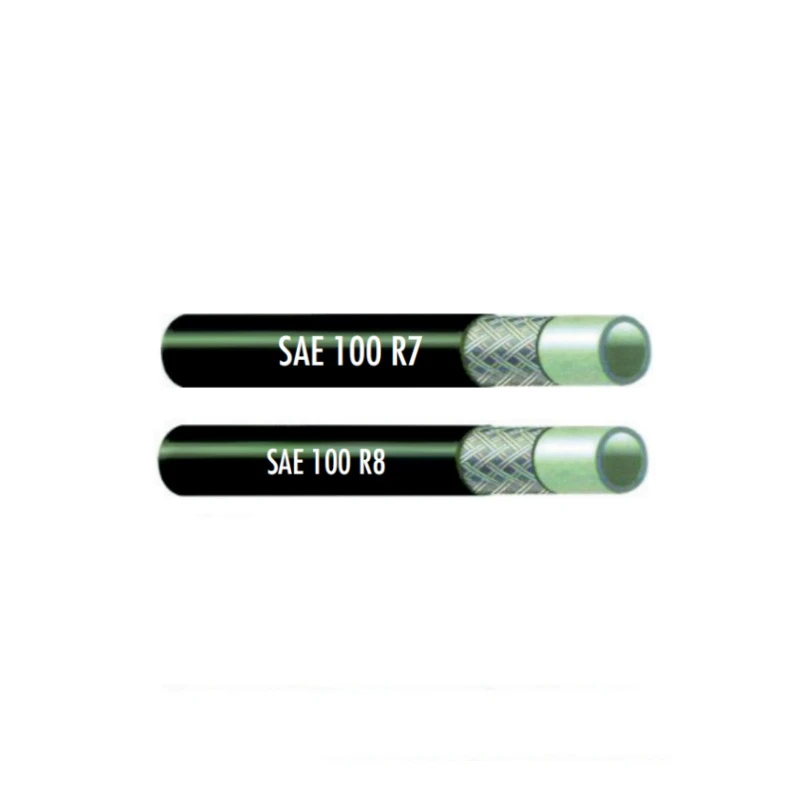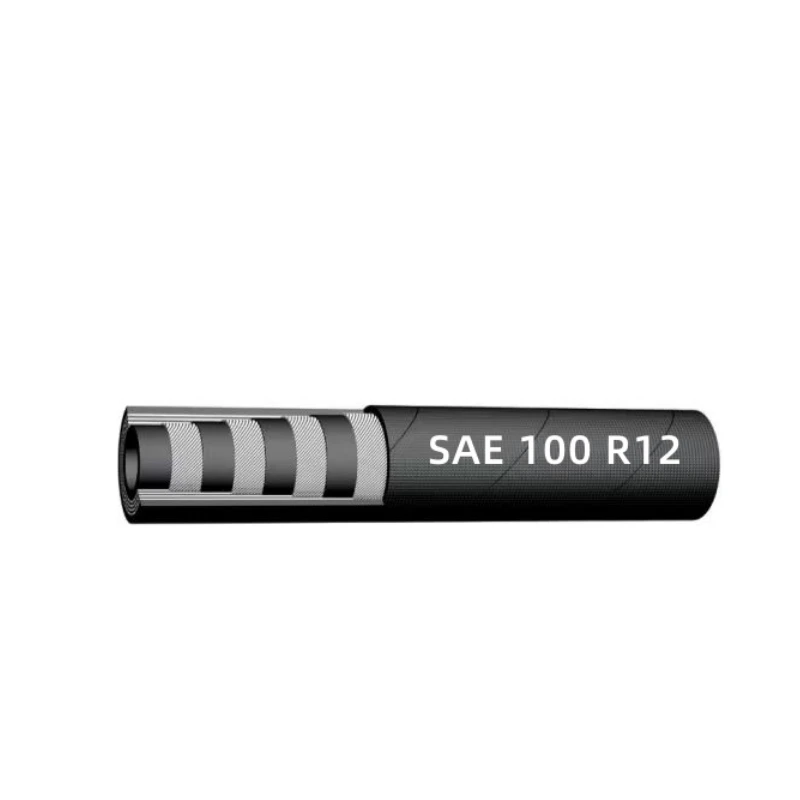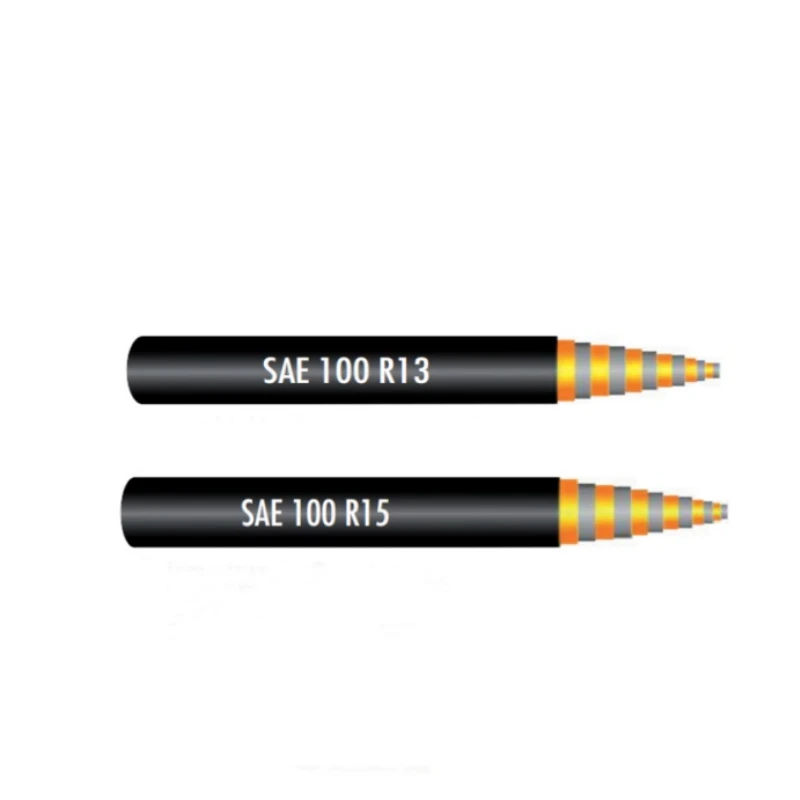
- Afrikaans
- Albanian
- Amharic
- Arabic
- Armenian
- Azerbaijani
- Basque
- Belarusian
- Bengali
- Bosnian
- Bulgarian
- Catalan
- Cebuano
- Corsican
- Croatian
- Czech
- Danish
- Dutch
- English
- Esperanto
- Estonian
- Finnish
- French
- Frisian
- Galician
- Georgian
- German
- Greek
- Gujarati
- haitian_creole
- hausa
- hawaiian
- Hebrew
- Hindi
- Miao
- Hungarian
- Icelandic
- igbo
- Indonesian
- irish
- Italian
- Japanese
- Javanese
- Kannada
- kazakh
- Khmer
- Rwandese
- Korean
- Kurdish
- Kyrgyz
- Lao
- Latin
- Latvian
- Lithuanian
- Luxembourgish
- Macedonian
- Malgashi
- Malay
- Malayalam
- Maltese
- Maori
- Marathi
- Mongolian
- Myanmar
- Nepali
- Norwegian
- Norwegian
- Occitan
- Pashto
- Persian
- Polish
- Portuguese
- Punjabi
- Romanian
- Russian
- Samoan
- scottish-gaelic
- Serbian
- Sesotho
- Shona
- Sindhi
- Sinhala
- Slovak
- Slovenian
- Somali
- Spanish
- Sundanese
- Swahili
- Swedish
- Tagalog
- Tajik
- Tamil
- Tatar
- Telugu
- Thai
- Turkish
- Turkmen
- Ukrainian
- Urdu
- Uighur
- Uzbek
- Vietnamese
- Welsh
- Bantu
- Yiddish
- Yoruba
- Zulu

פבר . 14, 2025 09:47 Back to list
can hydraulic hose be used for propane
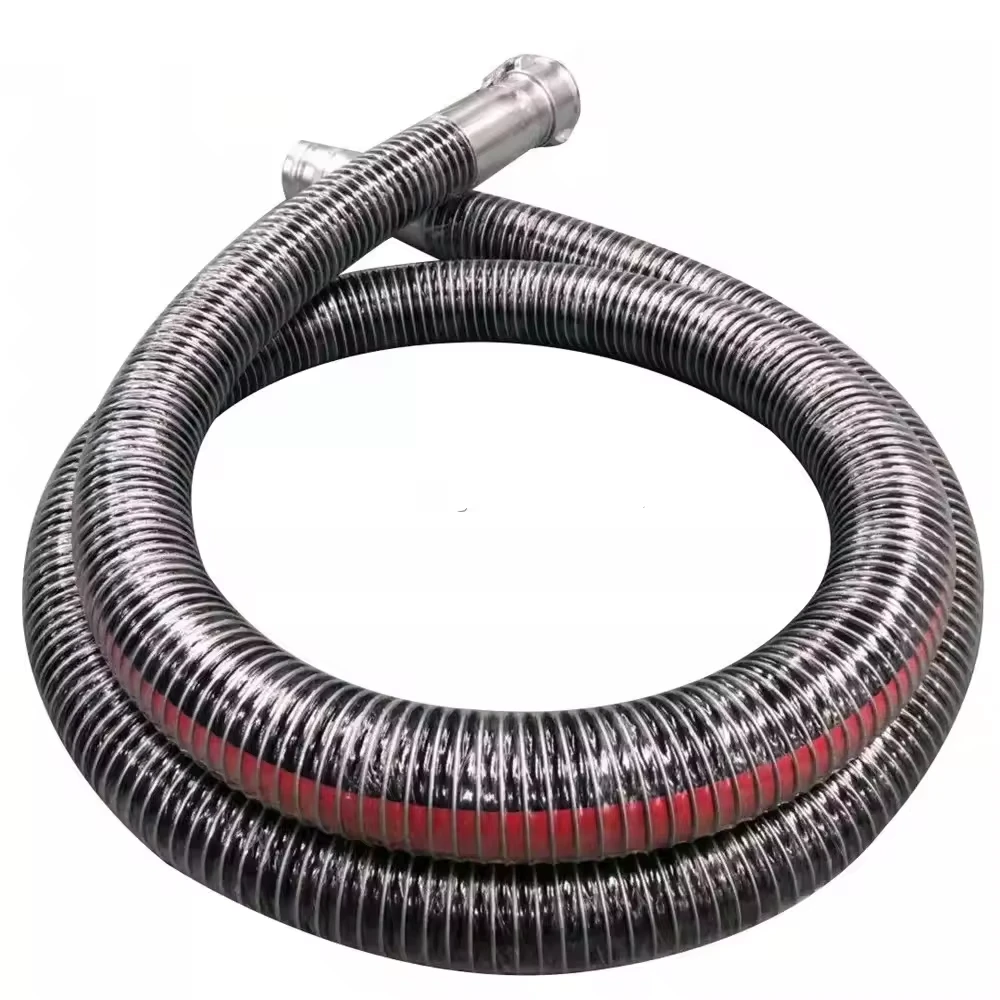
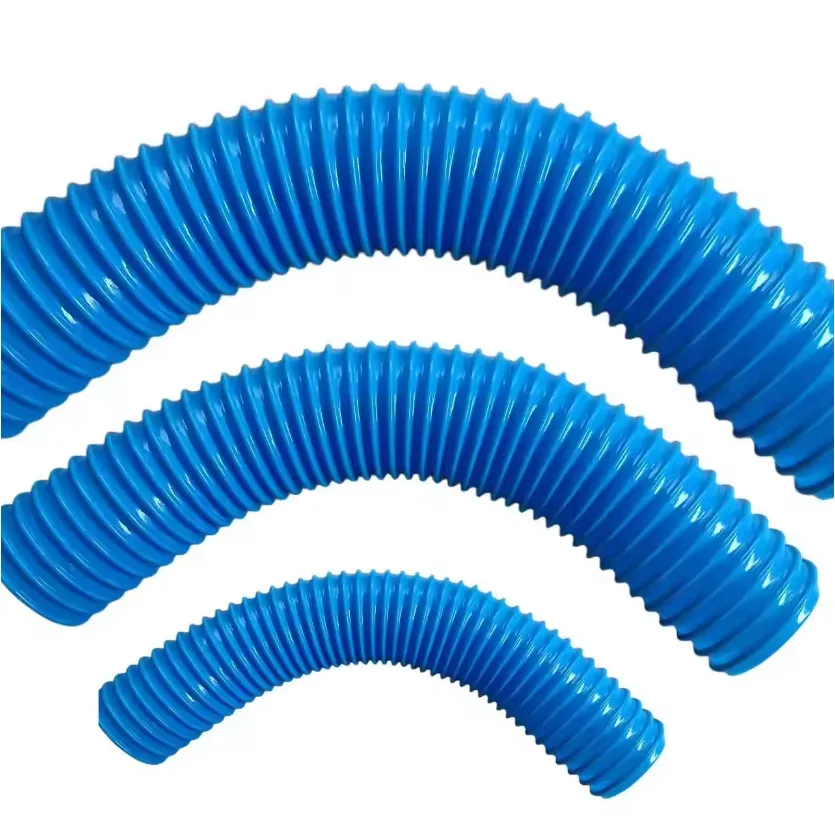
Standards and regulations governing the use of hoses for different applications are established for a reason safety. The National Fire Protection Association (NFPA) and other regulatory bodies set specific guidelines for propane hose materials and constructions. These standards ensure that the hoses can effectively contain propane under various conditions without risk of leaks or failures. Compliance with these standards is not just about meeting legal requirements but ensuring safety for users and surrounding environments. Manufacturers of propane hoses go through rigorous testing to meet these standards, giving consumers confidence that these products will perform safely and effectively. Recommendations for Safe Propane Transfer Given these considerations, it is strongly advised to only use hoses specifically designed and rated for propane use. These hoses are constructed with materials and designs that resist the chemical effects of propane and its pressurization needs. For businesses or individuals working with both hydraulic systems and propane, it’s crucial to maintain a clear distinction between the hoses used for each application. Labeling and segregated storage can help prevent mix-ups. Furthermore, implementing routine checks and maintenance schedules on propane hoses ensure they are in good condition and any signs of wear or damage are addressed promptly. Conclusion While hydraulic hoses are robust and capable in their own right, they are not suitable substitutes for propane hoses. For the safety of personnel, equipment, and environments, relying on the right type of hose for propane applications is non-negotiable. Not only does it ensure compliance with safety standards, but it also provides peace of mind that all operations involving propane are being conducted under the safest possible conditions.
Latest News
Steel Wire Reinforced Hydraulic Hose SAE 100 R1 / EN853 1SN S
NewsOct.17,2024
Two Layers Steel Wire Reinforced Hydraulic Hose SAE 100 R2 / EN853 2SN
NewsSep.03,2024
Textile Braid Reinforced Hydraulic Hose SAE100 R3+R6
NewsSep.03,2024
Textile Reinforced Hydraulic oil Suction Hose with embedded Steel Wire SAE 100 R4
NewsSep.03,2024
Single Wire Braid and Textile Covered Hydraulic Hose SAE 100 R5
NewsSep.03,2024
High Pressure Thermoplastic Hydraulic Hose SAE 100 R7 / EN855 R7 - SAE 100 R8 / EN855 R8
NewsSep.03,2024
Heavy Duty Four-layer Steel Wire Spiral Reinforced Hydraulic Hose SAE100R9+R10+R12
NewsSep.03,2024
Heavy Duty Multi-layer Steel Wire Reinforced Hydraulic Hose SAE100R13 SAE100R15
NewsSep.03,2024
Latest Products
